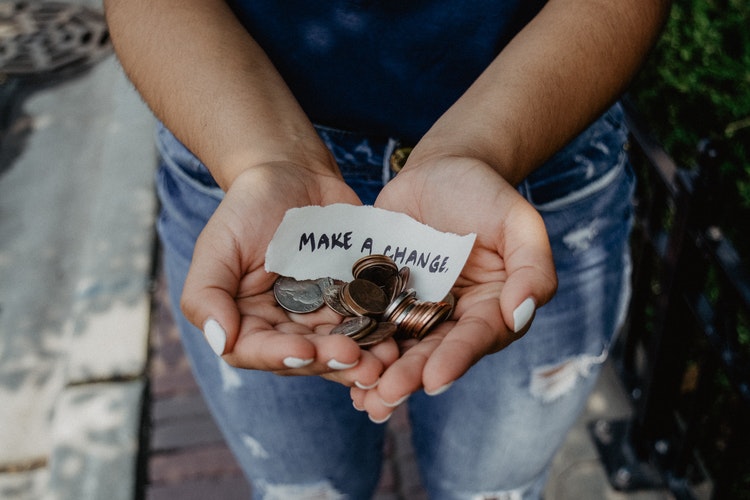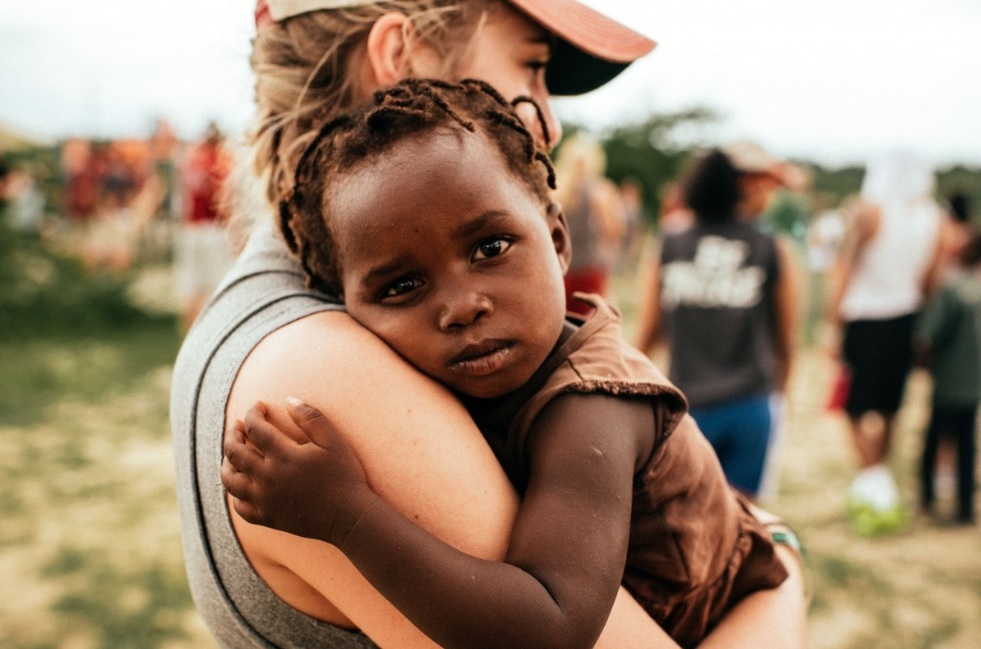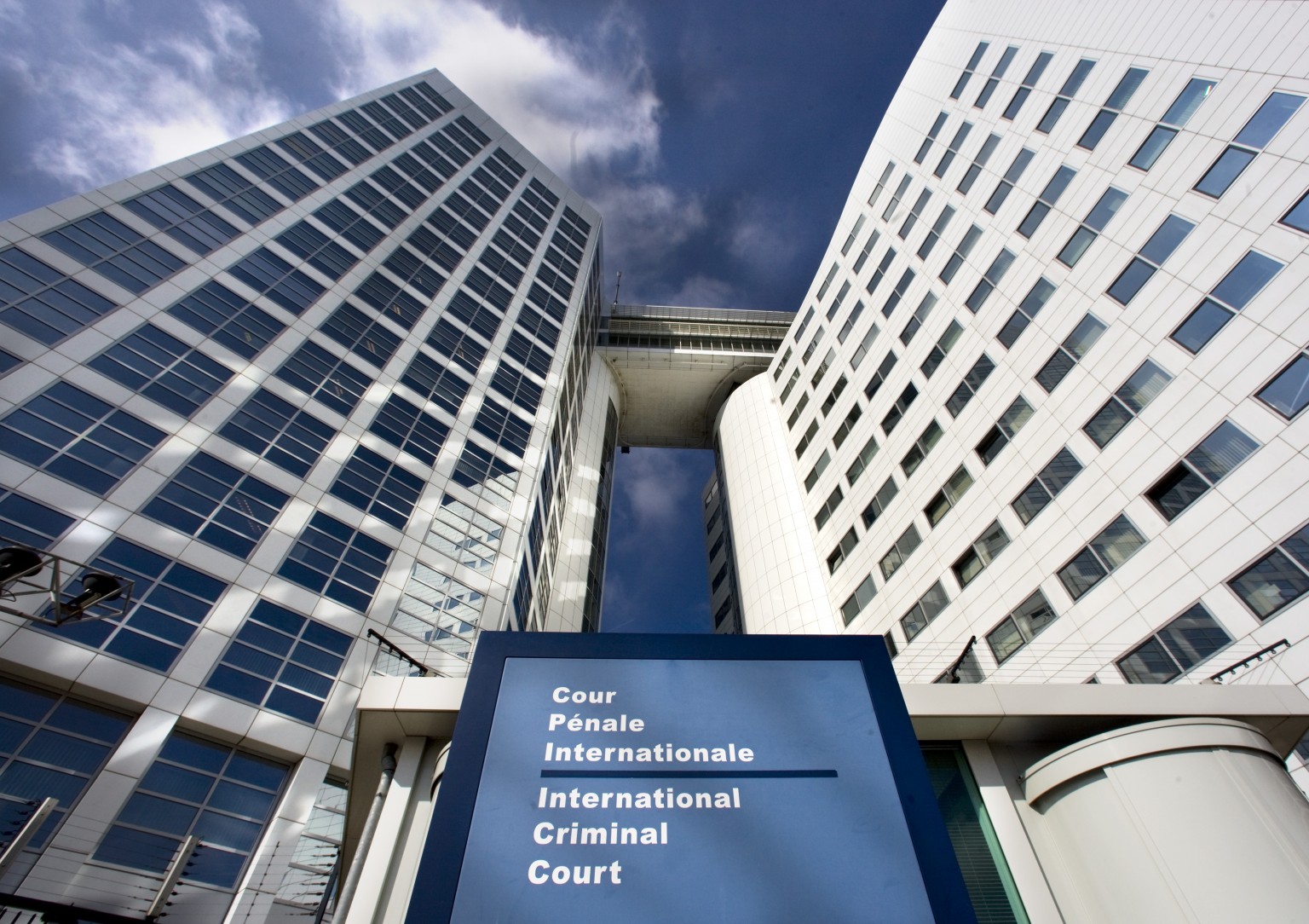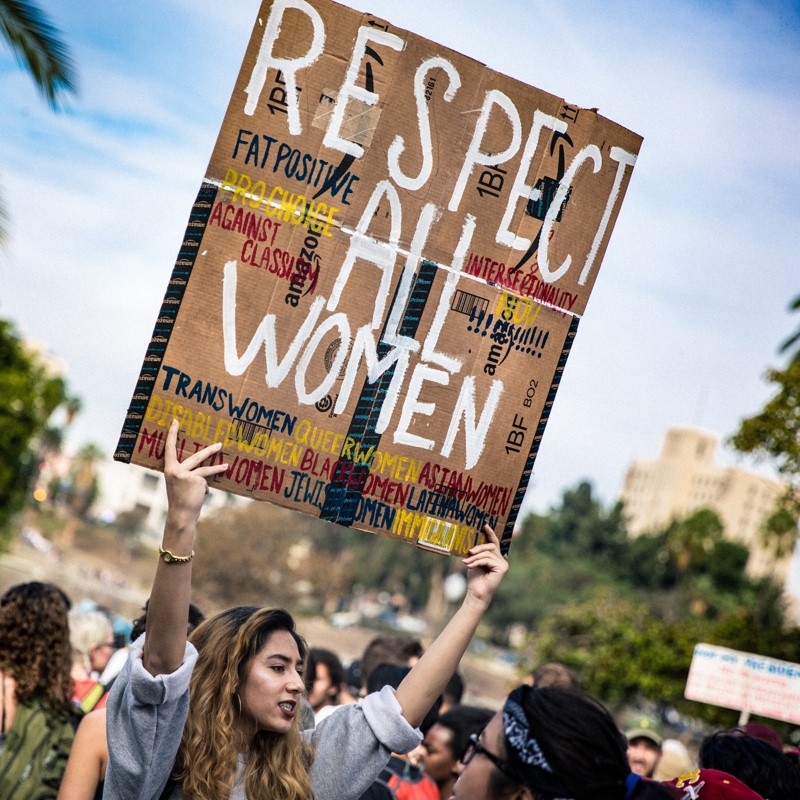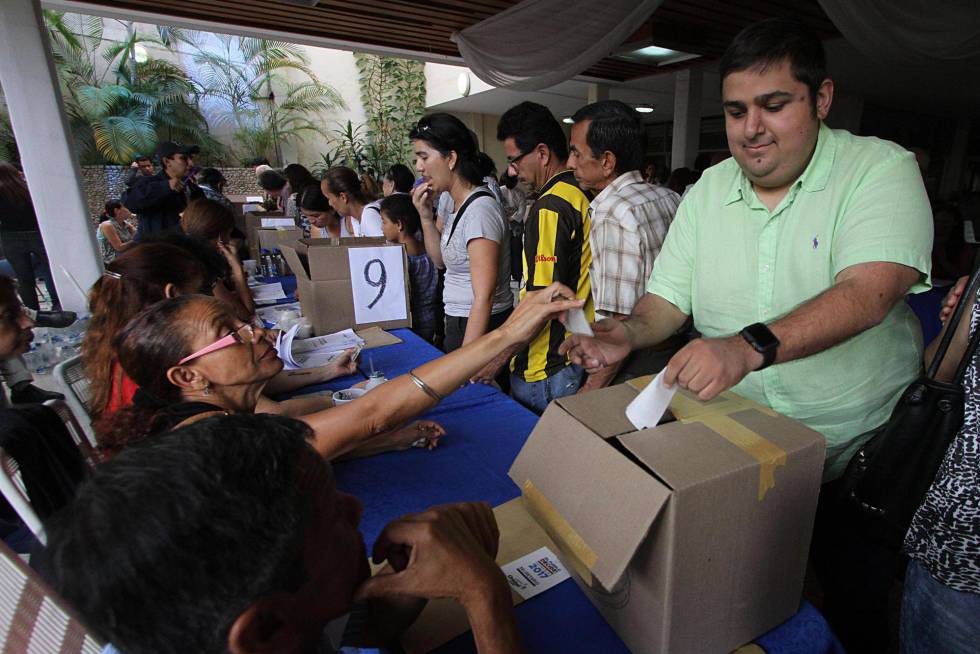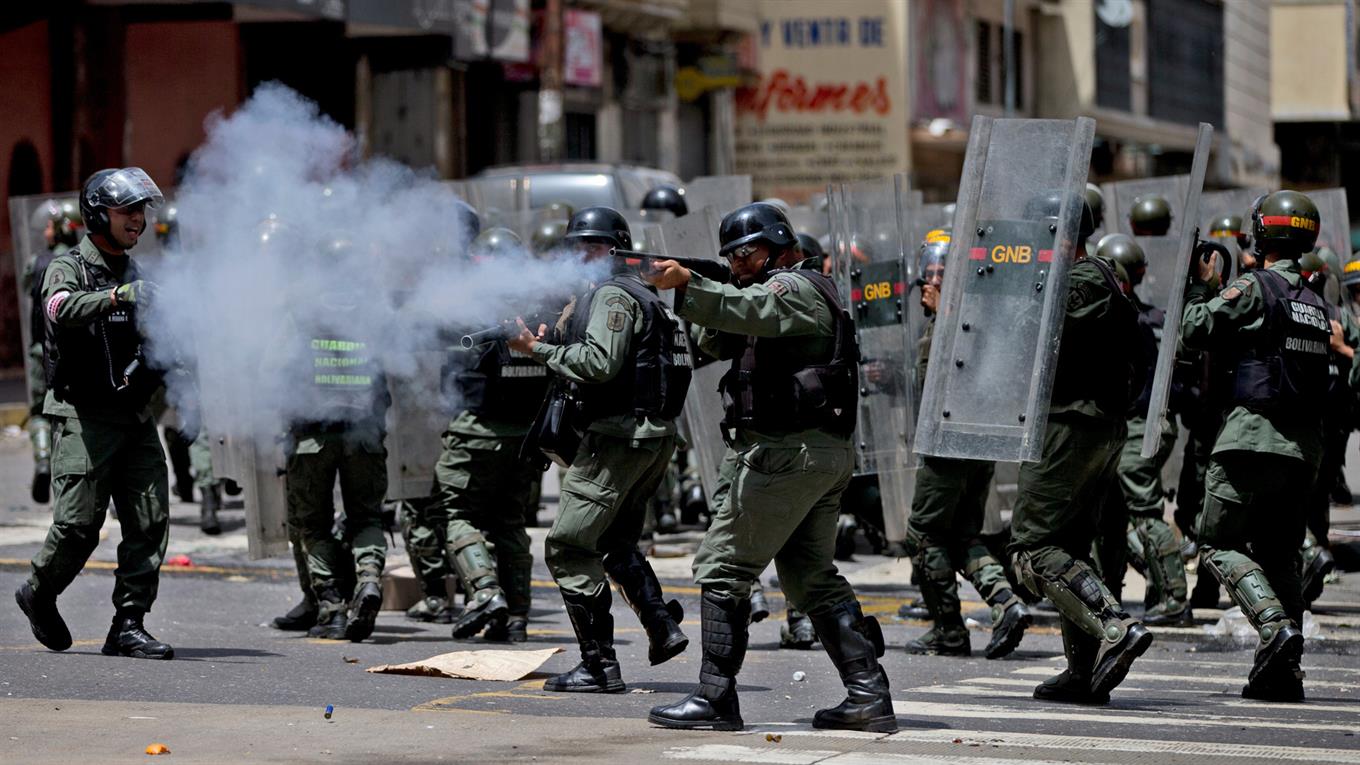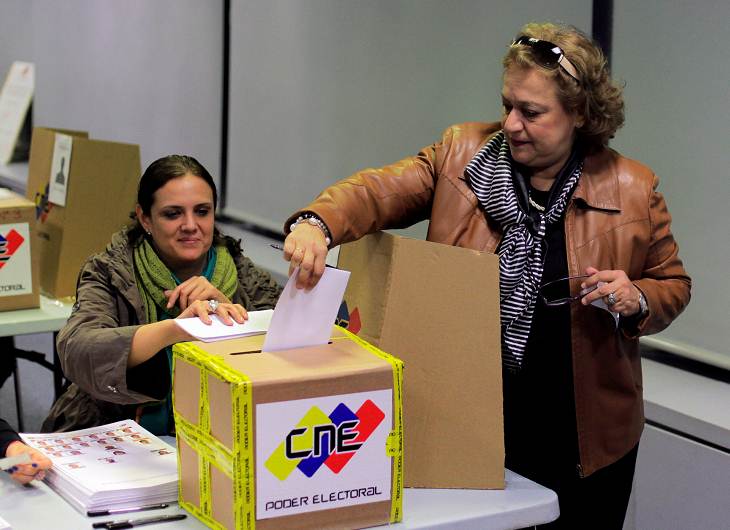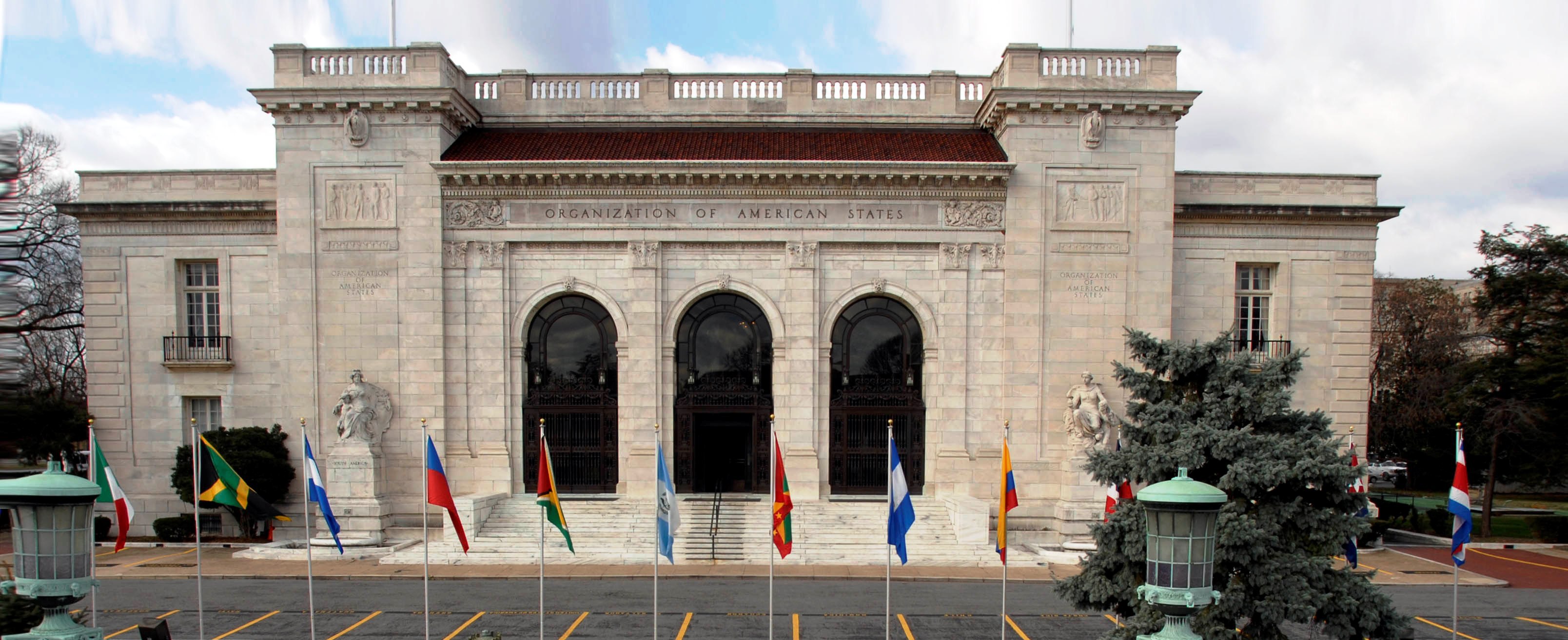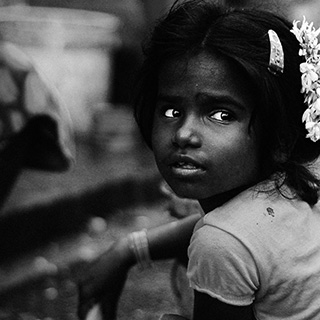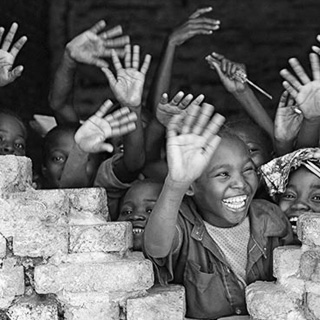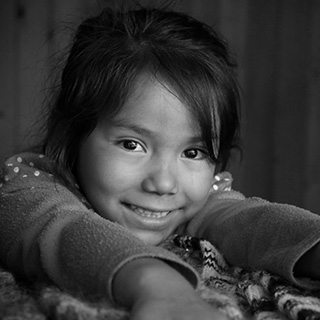His Excellency Ambassador Calles Castillo:
We, members of the Venezuelan diaspora many exiles or displaced in different countries of the world as a result of the crisis that our country is living, we respectfully come before you in order to send you the generalized concern of Venezuelan civil society in relation to the deepening of the crisis in our country and the urgent need to fully activate the Inter-American Democratic Charter for Venezuela.
The purpose of this letter is to request your good pro in favor of convening the Inter-American Democratic Charter in the face of the institutional crisis in Venezuela, an initiative that has been promoted by the Secretary General of the Organization of American States (OAS), Luis Almagro.
We also seek to submit to your consideration updated informative material, developed by institutions and specialized NGOs, in relation to the deepening of the Venezuelan crisis and its ramifications in terms of democracy, human rights and humanitarian crisis.
Venezuela is experiencing a social, political and economic crisis of considerable magnitude. The struggle for power in Venezuela has resulted in a political and human rights crisis widely known by the international community.
Today, Venezuela ranks second in the statistics of violent deaths per capita in the world. Poverty 1 in Venezuela has reached alarming figures: 80% of the population is in a state of poverty. The daily life of the economy of the Venezuelan family is affected by the highest inflation 2 in the world and by levels of shortages of products and, consequently, of 3 basic services that affect rights as fundamental as the right to health and feeding.
This problem has led to a humanitarian crisis in Venezuela, without historical precedents for this South American country.
The serious situation regarding the flagrant violations of democratic principles and human rights by the Venezuelan State, as well as the humanitarian crisis that this country is experiencing, is a subject known to you as the representative of your country in the deliberative instance of the OAS, the Permanent Council.
You will remember that during a call prior to mid-2016 to discuss the issue of the activation of the Inter-American Democratic Charter for the Venezuelan case, the violation of human rights and the humanitarian crisis were discussed. On that occasion, the Secretary General of the institution made the presentation of order before the Permanent Council, in which, with the proper evidence, he went on to review the situation of democratic institutions in Venezuela and the crisis of rights that Venezuelans experienced for that time
This is how two key references to understand the breadth and severity of the Venezuelan crisis in a historical analysis are the letter calling for the meeting of the Permanent Council interposed by Luis Almagro Secretary General of the Organization of States
1 According to the UNODC report, Venezuela ranked second in the world in the number of violent deaths per 100,000 inhabitants in 2014, see statistics on this in https://data.unodc.org/.
By 2015, Venezuela could have surpassed Honduras and become the most violent country in the world, according to information from the Venezuelan Observatory of Violence (OVV), see report on this subject at ABC Madrid. "Venezuela reaches in 2015 historical figure of homicides: 90 per 100,000 inhabitants." [www.abc.es], December 29, 2015, [Date of consultation: July 3, 2016]. Americans (OAS), as well as its subsequent speech, center of the discussion in the Permanent Council on the activation of the Inter-American Democratic Charter for the Venezuelan case, dated June 23, 2016. Almagro states in these documents the "alteration of the order constitutional and how it seriously affects the democratic order of the Bolivarian Republic of Venezuela ". Almagro also includes the 4th issue of the humanitarian crisis in the health sector in Venezuela as part of the facts alleged in the discussion that justifies the activation of a dialogue on the state of democracy in Venezuela within the framework of the regulations stipulated in the Charter Inter-American Democratic
As of the date of the aforementioned Permanent Council, the Venezuelan crisis has worsened. The lack of freedom of expression, the growing repression and insecurity, have been compounded by the exacerbation of shortages in terms of medicines and lack of food.
Poverty and the food crisis are aggravated by new food distribution policies, a mechanism by many labeled a political nature called CLAP, which has been denounced by several international NGOs, including the IACHR itself as a mechanism that violates the principle of non-discrimination. discrimination, enshrined in Article 2, paragraph 2, of the International Covenant on Economic, Social and Cultural Rights (ICESCR), a principle that must prevail as an integral aspect of the rights enshrined in that International Covenant. The worsening of the crisis is reflected in various works of various institutions and organizations, both national and international, that will serve as an update on the negative progress of the crisis in Venezuela.
In general, the conclusions of these documents suggest, contrary to the principles of national and international cooperation that govern the ICESCR, that the Venezuelan State has opted for antagonism and political persecution of those members of Venezuelan society that make up the network of agents necessary for the proper functioning of public systems linked to fundamental rights and democracy in general, in what represents the collapse of democratic institutions and a serious upsurge of human rights violations in Venezuela.
One of the most serious expressions of this situation, where the increase of the crisis and repression are combined, is the situation of political prisoners. The deplorable state of health of hundreds of prisoners for dissent from the regime is another violation that deserves special attention in the complaint we want to expose before you.
These people are denied even the right to medical care when they have requested it. The NGO Foro Penal Venezolano denounces that the lack of access to health services represents a modus operandi of the Venezuelan State. This NGO argues that the Venezuelan State has used the deprivation of health services as an extension of the mechanisms of State repression against political prisoners.
In Venezuela, it is urgent to take measures to change this situation, since it depends on the protection of the right to health, the right to food and basic political and civil rights for democratic coexistence and with it the prevention of very serious events that entail imminent risks for the development of a dignified life and the preservation of it of the Venezuelan citizenship, consequences by definition of irreparable condition. The application of the Democratic Charter will be the framework that will allow the recovery of democratic institutions and with it the rescue of the necessary national and international cooperation mechanisms to achieve the advancement of social and civic-political initiatives that allow facing the serious crisis that afflicts Venezuelans today.
Citizen Ambassador, your consideration of the support of an initiative in favor of the full activation of the Inter-American Democratic Charter in Venezuela to restore the social cooperation processes necessary to face the crisis will be appreciated by the multitude of Venezuelans who today suffer the calamities that the The breakdown of democratic institutions has brought to the country, as invoked in the document recently delivered to the OAS presidency by its Secretary General.
The conclusion of this document is a call to the solidarity of the peoples of the continent, of the members of the OAS, in defense of Democracy in Venezuela: "... the sign of continental geography has known how to put solidarity as a standard liberator ... That is today the moral and ethical obligation, the categorical imperative that we have as nations and as an Organization: to recover Venezuela for the principles of the Inter-American System and return democracy to the country. "
Without further reference, we bid farewell to you and wish you much success in your hard work for the defense of democracy in the Americas.
Justice International entrega una carta a los Secretarios de Relaciones Exteriores de la OEA sobre la aplicación de la carta democrática a Venezuela
Excelentísimo Señor Embajador Calles Castillo:
Nosotros, miembros de la diáspora venezolana muchos exilados o desplazados en diferentes países del mundo a raíz de la crisis que vive nuestro país, ocurrimos respetuosamente ante ustedes con el fin de hacerles llegar la inquietud generalizada de la sociedad civil venezolana en relación a la profundización de la crisis en nuestro país y la necesidad urgente de activar en toda su plenitud la Carta Democrática Interamericana a Venezuela.
El objetivo de esta misiva es solicitar su buena pro a favor de convocar la Carta Democrática Interamericana ante la crisis institucional en Venezuela, iniciativa que viene promoviendo el Secretario General de la Organización de Estados Americanos (OEA), Luis Almagro.
Procuramos también someter a su consideración material informativo actualizado, desarrollado por instituciones y ONG especializadas, en relación con la agudización de la crisis venezolana y sus ramificaciones en materia de democracia, derechos humanos y crisis humanitaria.
Venezuela vive una crisis social, política y económica de considerable magnitud. La lucha por el poder en Venezuela se ha traducido en una crisis política y de derechos humanos conocida ampliamente por la comunidad internacional.
Hoy por hoy, Venezuela ocupa el segundo lugar en las estadísticas de muertes violentas per cápita en el mundo. La pobreza 1 en Venezuela ha llegado a cifras alarmantes: 80% de la población se encuentra en estado de pobreza. El día a día de la economía de la familia venezolana se ve afectado por la inflación 2 más alta del mundo y por niveles de desabastecimiento de productos y, en consecuencia, de 3 servicios básicos que afectan derechos tan fundamentales como el derecho a la salud y a la alimentación.
Esta problemática ha conllevado a una crisis humanitaria en Venezuela, sin precedentes históricos para este país suramericano.
La grave situación en cuanto a las flagrantes violaciones de los principios democráticos y los derechos humanos por parte del Estado venezolano, así como la crisis humanitaria que vive ese país es un tema conocido por Ud. como representante de su país en la instancia deliberante de la OEA, el Consejo Permanente.
Recordará Ud. que durante una convocatoria previa a mediados de 2016 para discutir el tema de la activación de la Carta Democrática Interamericana para el caso venezolano, la violación de los derechos humanos y la crisis humanitaria fueron discutidos. En aquella ocasión, el Secretario General de la institución hizo la presentación de orden ante el Consejo Permanente, en la cual, con las debidas evidencias, pasó a revisar la situación de las instituciones democráticas en Venezuela y la crisis de derechos que vivieron los venezolanos para aquel entonces.
Es así como dos referencias clave para entender la amplitud y gravedad de la crisis venezolana en un análisis históricos son la carta convocatoria a la reunión del Consejo Permanente interpuesta por Luis Almagro Secretario General de la Organización de Estados
1 De acuerdo al reporte de la UNODC Venezuela ocupó el segundo lugar en el mundo en cuanto al número de muertes violentas por cada 100.000 habitantes en el año 2014, ver las estadísticas al respecto en https://data.unodc.org/.
Para el 2015 Venezuela podría haber sobrepasado a Honduras y convertirse en el país más violento del mundo de acuerdo a la información del Observatorio Venezolano de Violencia (OVV), ver reporte sobre esta materia en ABC Madrid. “Venezuela alcanza en 2015 cifra histórica de homicidios: 90 por cada 100.000 habitantes”. [www.abc.es], 29 de diciembre de 2015, [Fecha de consulta: 3 de julio de 2016]. Americanos (OEA), así como su subsecuente discurso, centro de la discusión en el Consejo Permanente sobre la activación de la Carta Democrática Interamericana para el caso venezolano, de fecha 23 de junio de 2016. Almagro expone en estos documentos la “alteración del orden constitucional y como la misma afecta gravemente el orden democrático de la República Bolivariana de Venezuela” . Almagro incluye igualmente el 4 tema de la crisis humanitaria en el sector salud en Venezuela como parte de los hechos alegados en la discusión que justifica la activación de un diálogo sobre el estado de la democracia en Venezuela en el marco de la normativa estipulada en la Carta Democrática Interamericana.
A partir de la fecha del Consejo Permanente previamente citado, la crisis venezolana se ha agudizado. A la falta de libertad de expresión, la creciente represión y la inseguridad, se han sumado la agudización del desabastecimiento en materia de medicamentos y la falta de alimentos.
La pobreza y la crisis alimentaria se ven agravadas por nuevas políticas de distribución de alimentos, un mecanismo por muchos tildado de carácter político llamado CLAP, el cual ha sido denunciado por varias ONG internacionales incluyendo la propia CIDH como un mecanismo violador del principio de no-discriminación, consagrado en el artículo 2 inciso 2 del Pacto Internacional de Derechos Económicos, Sociales y Culturales (PIDESC), principio que debe imperar como aspecto integral a los derechos resguardado por ese Pacto Internacional. La agudización de la crisis se refleja en diversos trabajos de varias instituciones y organizaciones tanto nacionales como internacionales que le servirán de actualización sobre el negativo avance de la crisis en Venezuela.
En general, las conclusiones de estos documentos sugieren, contrario a los principios de cooperación nacional e internacionales que rigen en el PIDESC, que el Estado venezolano ha optado por el antagonismo y la persecución política de aquellos miembros de la sociedad venezolana que conforman la red de agentes necesarios para el buen funcionamiento de los sistemas públicos vinculados a derechos fundamentales y la democracia en general, en lo que representa el desmoronamiento de las instituciones democráticas y un grave recrudecimiento de las violaciones a los derechos humanos en Venezuela.
Una de las expresiones más graves de esta situación donde se conjugan el incremento de la crisis y represión lo constituye la situación los presos políticos. El estado deplorable de la salud de cientos de privados de libertad por disentir del régimen, es otra violación que merece especial atención dentro de la denuncia que queremos exponer ante Uds.
A estas personas, se les niega hasta el derecho a la atención médica cuando así lo han requerido. La ONG Foro Penal Venezolano denuncia que la falta de acceso a los servicios de salud representa un modus operandi del Estado venezolano. Esta ONG argumenta que el Estado venezolano ha usado la privación de los servicios de salud como una extensión de los mecanismos de represión del Estado en contra de los presos políticos .
En Venezuela es urgente tomar medidas que permitan cambiar esta situación dado que de ello depende el resguardo del derecho a la salud, el derecho a la alimentación y derechos políticos y civiles fundamentales para convivencia democrática y con ello la prevención de hechos de suma gravedad que conllevan riesgos inminentes para el desarrollo de una vida digna y la preservación de la misma de la ciudadanía venezolana, consecuencias por definición de irreparable condición. La aplicación de la Carta Democrática será el marco que permitirá recuperar las instituciones democráticas y con ello el rescate de los mecanismos de cooperación nacional e internacional tan necesarios para lograr el avance de iniciativas sociales y de carácter cívico-político que permitan enfrentar la grave crisis que aqueja a los venezolanos hoy por hoy.
Ciudadano Embajador, su consideración al apoyo de una iniciativa a favor de la activación plena de la Carta Democrática Interamericana en Venezuela que permita restaurar los procesos sociales de cooperación necesarios para afrontar la crisis será agradecida por la multitud de Venezolanos que hoy padecen las calamidades que el resquebrajamiento de las instituciones democráticas han traído al país, tal como se invoca en el documento entregado recientemente a la presidencia de la OEA por parte su Secretario General.
La conclusión de este documento es un llamado a la solidaridad de los pueblos del continente, de los miembros de la OEA, en defensa de la Democracia en Venezuela: “... el signo de la geografía continental ha sabido poner a la solidaridad como estandarte liberador...Esa es hoy la obligación moral y ética, el imperativo categórico que tenemos como naciones y como Organización: recuperar a Venezuela para los principios del Sistema Interamericano y devolver la democracia al país” .
Sin más a que hacer referencia, nos despedimos de ustedes y les deseamos mucho éxito en sus arduas labores en pro de la defensa de la democracia en el continente americano.



